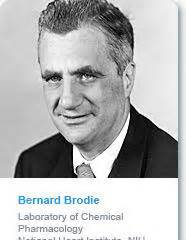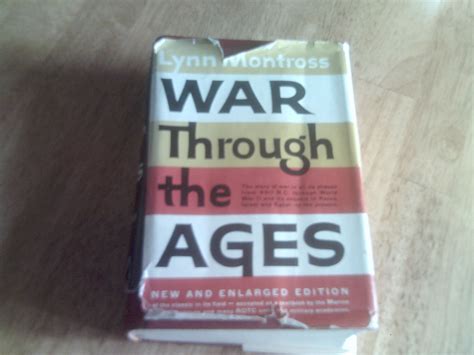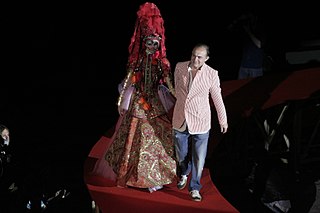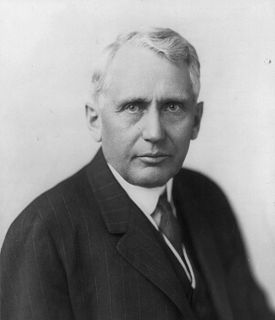A Quote by James F. Cooper
At no period of the naval history of the world, is it probable that Marines were more important than during the War of the Revolution.
Related Quotes
Marines have a cynical approach to war. They believe in three things; liberty, payday and that when two Marines are together in a fight, one is being wasted. Being a minority group militarily, they are proud and sensitive in their dealings with other military organizations. A Marine's concept of a perfect battle is to have other Marines on the right and left flanks, Marine aircraft overhead and Marine artillery and naval gunfire backing them up.
Revolution is engendered by an indignation with tyranny, yet is itself pregnant with tyranny.... An attempt to scrutinize men's thoughts and punish their opinions is of all kinds of despotism the most odious: yet this is peculiarly character of a period of revolution.... There is no period more at war with the existence of liberty.
We started America with the sin of slavery that led right into the post-reconstruction period which was the greatest period of domestic terrorism in our country's history. Then after that, we had Jim Crow emerge and just when the Jim Crow laws were ending came the onslaught of the drug war. Well, the drug war has so perniciously effected, insidiously infected communities of color that in some ways it has come full circle, and we now have more African Americans under criminal supervision than all of the slaves in 1865. This is a profoundly unjust war.
When you say that after World War I there was a pandemic that killed more people than the war itself, most will say: "Wait, are you kidding? I know World War I, but there was no World War 1.5, was there?" But people were traveling around after the war, and that meant the force of infection was much higher. And the problem is that the rate of travel back then was dramatically less than what we have nowadays.
It is not to save capitalism that we fight in Russia … It is for a revolution of our own. … If Europe were to become once more the Europe of bankers, of fat corrupt bourgeoisies we should prefer Communism to win and destroy everything. We would rather have it all blow up than see this rottenness resplendent. Europe fights in Russia because it [i.e., Fascist Europe] is Socialist. what interests us most in the war is the revolution to follow The war cannot end without the triumph of Socialist revolution.
The Marines fought almost solely on esprit de corps, I was certain. It was inconceivable to most Marines that they should let another Marine down, or that they could be responsible for dimming the bright reputation of their Corps. The Marines simply assumed that they were the world's best fighting men.
As to the history of the revolution, my ideas may be peculiar, perhaps singular. What do we mean by the revolution? The war? That was no part of the revolution; it was only an effect and consequence of it. The revolution was in the minds of the people, and this was effected from 1760 to 1775, in the course of fifteen years, before a drop of blood was shed at Lexington.
Men's magazines in the period immediately after World War II were almost all outdoor-oriented. They were connected to some extent in the male bonding that came out of a war... And what I tried to create was a magazine for the indoor guy, but focused specifically on the single life: in other words, the period of bachelorhood before you settle down.
Remembering the loss of those Irishmen from all parts of the island who were sent to their deaths in the imperialist slaughter of the First World War is crucial to understanding our history. It is also important to recognise the special significance in which the Battle of the Somme and the First World War is held.






































